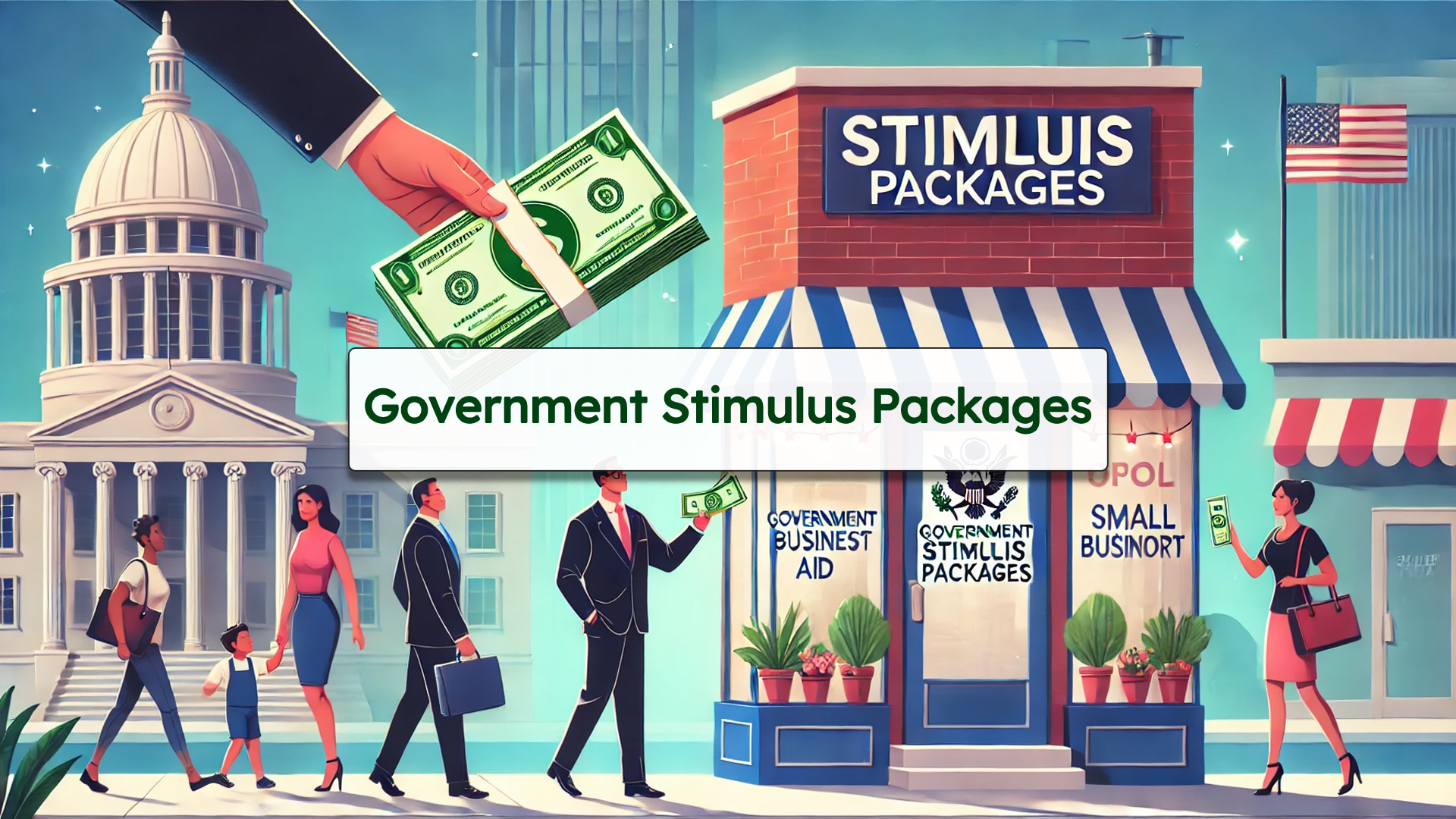Government stimulus packages play a crucial role in shaping the financial landscape for small businesses. These packages, typically introduced during economic downturns or crises, are designed to provide financial relief, stimulate growth, and stabilize the market. Understanding their impact on small businesses can help entrepreneurs navigate economic uncertainties effectively.
Financial Relief and Liquidity
One of the primary benefits of government stimulus packages is immediate financial relief. Small businesses often operate on tight budgets with limited cash reserves. Stimulus programs, such as direct grants, low-interest loans, and tax relief, help businesses cover essential expenses like payroll, rent, and utilities. This financial support can prevent closures and layoffs, ensuring business continuity.
Boosting Consumer Demand
Stimulus packages often include direct financial aid to consumers, such as stimulus checks or tax credits. When consumers have more disposable income, they are more likely to spend on goods and services, directly benefiting small businesses. Increased consumer demand can lead to higher revenues and encourage businesses to invest in expansion and hiring.
Access to Credit and Funding
Governments may introduce special funding programs or relax lending criteria to ensure small businesses can access credit. Programs like government-backed loans or grants provide businesses with capital to invest in operations, innovation, or marketing. This access to funding can be crucial for businesses looking to scale or adapt to changing market conditions.
Regulatory and Tax Benefits
Some stimulus packages include tax incentives, such as deferrals, reductions, or credits, which alleviate financial burdens on small businesses. Additionally, governments may introduce regulatory relaxations, such as streamlined business registration processes or reduced compliance requirements, making it easier for entrepreneurs to operate.
Challenges and Limitations
While stimulus packages provide many advantages, they are not without challenges. Accessing funds may involve complex application processes, and businesses may face delays in receiving aid. Additionally, some stimulus programs come with conditions, such as maintaining a specific number of employees or using funds for designated expenses. Understanding these requirements is essential to maximizing benefits.
Long-Term Impacts
Stimulus measures can have long-term effects on small businesses by fostering economic stability and growth. However, they can also lead to increased government debt, which might result in future tax hikes or policy shifts. Small businesses should stay informed about economic policies to anticipate potential changes and plan accordingly.
Conclusion
Government stimulus packages can be a lifeline for small businesses, providing crucial financial support and fostering economic recovery. However, navigating these programs effectively requires awareness of their benefits, limitations, and long-term implications. By leveraging available resources wisely, small businesses can position themselves for sustained growth and resilience in an ever-changing economic environment.


